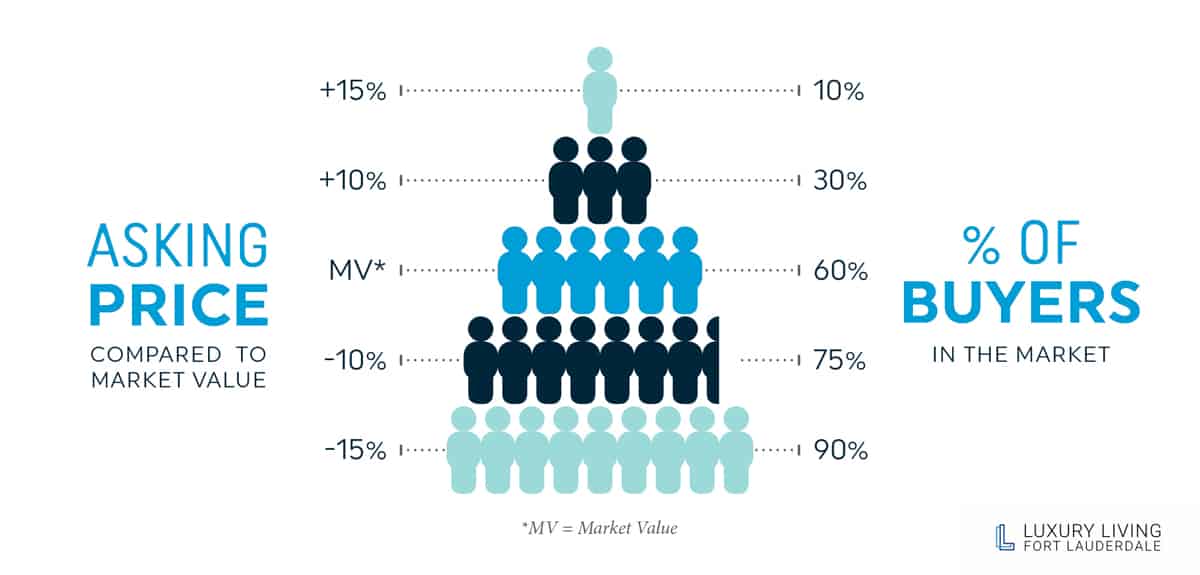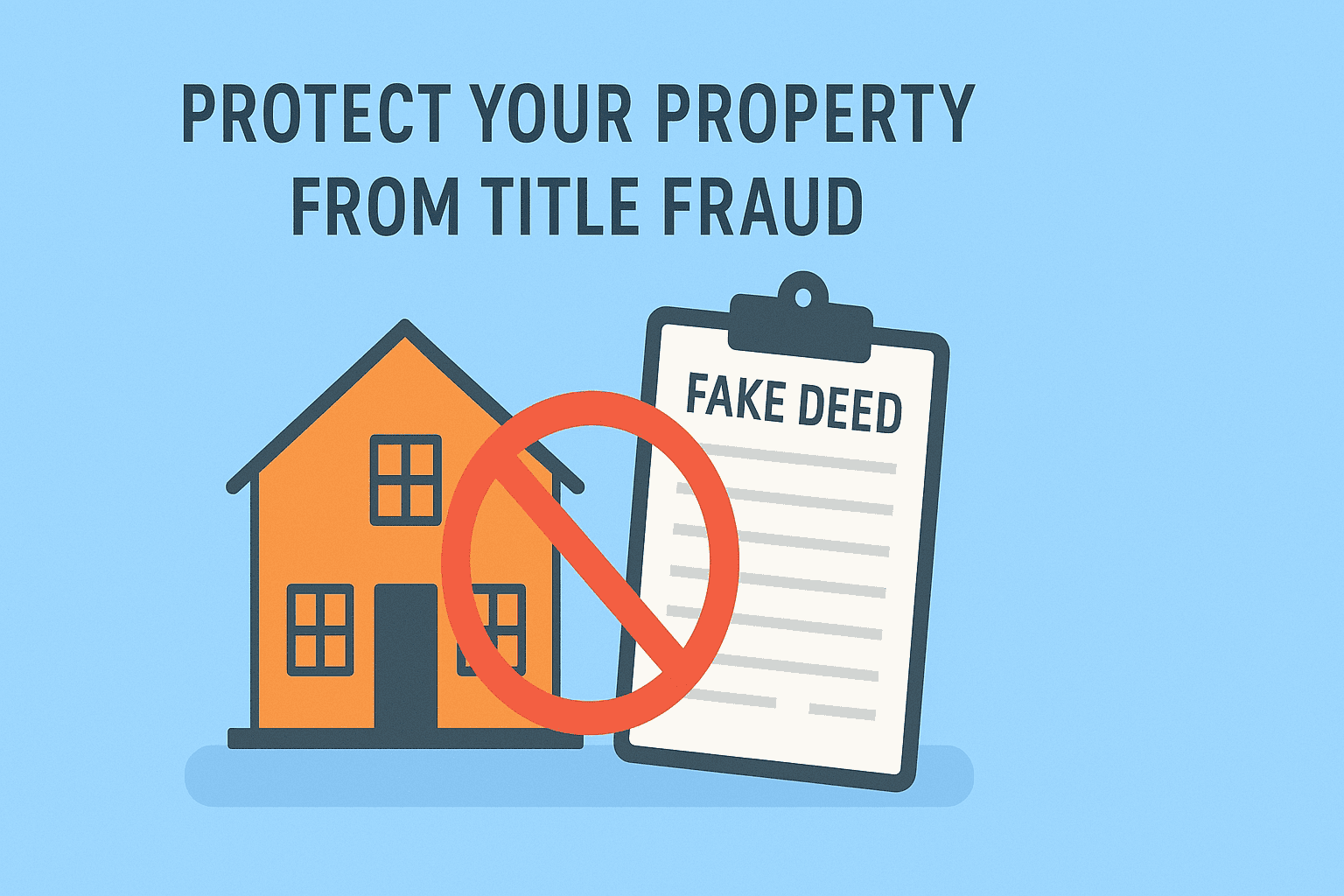
In a market where demand is strong, it may be difficult to determine how much buyers are willing to spend. Supply and demand, of course, dictate what the asking price will be. Obviously, if the supply is low, the asking price will have to be adjusted upward to meet it. Ultimately, the asking price should be a balance between the neighborhood and sale prices of comparable homes in the area.
How your property looks, its size and location are major factors in determining the asking price. Sometimes, though, a house may have features that are so special that the asking price needs to be adjusted upward after looking at comparable sales over the last six months to a year.
As a seller, your real estate agent should be able to identify a price range for your home. Once you have reviewed the market data and agreed on the market value of your property, the next step is choosing a listing price. There is a fair amount of psychology and strategy that goes into pricing a home to sell.
Does it seem like an iPhone priced at $499 is a bargain compared to one that costs $500? Not exactly. Retailers have been pricing products just below a round number for a long time because, psychologically, $499 seems like a deal when compared to $500, even though the difference is only $1. Pricing a home to sell is similar.
5 Successful Strategies For Pricing A Home To Sell
1. Price for the masses – Considering the high stakes of the real estate market, most buyers do not want to be the only party interested in a property. By pricing your home on the mid to lower end of the value range, you could trigger interest among more than one buyer and possibly receive multiple bids.
2. Avoid arbitrary numbers – There are times when sellers choose to be creative with their asking price. For example, we once had a seller whose home was valued between $850K and $900K and they wanted to list the home for $888,777.
Unfortunately, choosing an unusual string of numbers tends to attract the wrong kind of attention. Instead of garnering interest in the home, the potential buyer tends to get more curious about the seller.
In our experience, it is best to keep the seller in the background, if not entirely invisible. That’s why we often recommend that sellers remove as many personal items from their homes and decorate in neutral colors. The goal when selling a home is to showcase the property, not the seller, and to appeal to the largest audience possible. Potential buyers feel most comfortable when they can picture themselves in your home.
3. Price to be found in real estate searches – Many buyers tend to round the dollar amount for their property search criteria. For example, one might tell their real estate agent they would like a four-bedroom home in a certain Fort Lauderdale neighborhood for under $700K. The real estate agent will then set up an automated buyer search in the MLS (a database used by Realtors) for properties under $700K. If your home is listed for $710K, it will miss this segment of buyers.
Avoid missing segments of interested buyers by considering the price range your home is in and the types of buyers that may consider you home. Pricing your home closer to a round number may help your home appear in more property searches.
4. Have a pricing contingency before putting your home on the market – While the market tends to dictate what a home will sell for, sometimes there are sellers who are emotionally attached to their homes and thus ignore market data.
Generally the first two weeks when a home is first listed for sale are the most important in garnering the most amount of interest. If a home is priced well, there will be more interest. However, if a home is priced higher than the market dictates, interest will be negatively affected. Small reductions in price later does not guarantee more interest.
5. React quickly to market conditions – Pricing Fort Lauderdale real estate is not a “set it and forget it”. There are many factors that come into play when buying or selling a property, and not all of them can be anticipated. An effective real estate agent will know what the market will support and can help guide you in getting the best price possible for your home. When changes affect the market, try to be flexible and react quickly to the new information.





